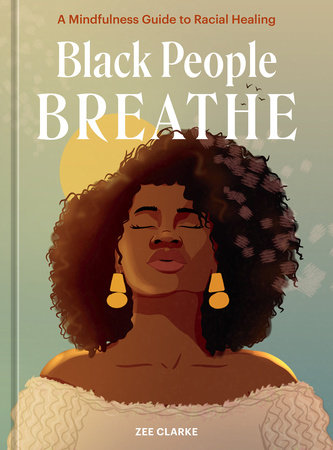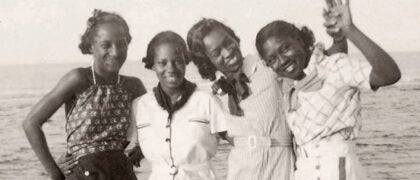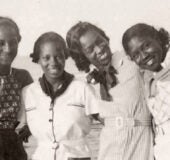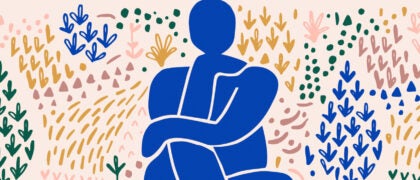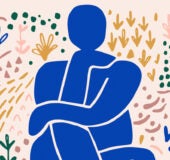IntroductionAngry. Frustrated. Undervalued. Shocked. Sad. Attacked. Ashamed. Anxious. This is only a fraction of what Black people feel when we experience racism. Doctors and psychologists have discovered that the experience of racism can result in a wide range of health impacts that kill us slowly—death by a thousand cuts. Researchers at Columbia University found that racism causes traumatic stress, linked to negative mental-health outcomes such as depression, anger, hypervigilance, and low self-esteem. Chronically high levels of stress hormones in the bloodstream cause severe physical consequences, and racism has been linked to significantly higher rates of both heart disease and high blood pressure in African Americans. Studies also find that racial discrimination causes unhealthy behaviors, including overeating and substance abuse.
We can’t wait for other people to get “woke,” because we’ll lose too many of our own people in the process. But there is something that we can do to begin healing. It’s a “secret” that’s been around for thousands of years. I discovered it when I was in Oakland, California, and then in India, where I explored it further. So, what is it?
Mindfulness. It’s the cheapest medical treatment you’ll find on the market, and without a long list of side effects. Mindfulness doesn’t require meditating in an ashram or a monastery. Something as simple as taking a deep breath qualifies as mindfulness, and it can literally change the way you feel physically, mentally, and emotionally.
I used to think that meditation and yoga were not for people who looked like me. The few times that I attended any such classes, I was the only Black person in the room, which only solidified this misconception. However, the more I learned, the more I realized that Black people actually need these practices the most. And they work. Studies show that mindfulness practices reduce stress, blood pressure, heart disease, and so many more health issues that Black people face on a daily basis as a direct result of the harsh impact of systemic racism, microaggressions, and overt hate crimes on our lives. These practices can be used regardless of your religion, and you will feel the effects in real time.
In the following chapters, I’m going to share my personal experiences as a Black woman in America and the specific mindfulness and breathwork practices that have worked for me. Don’t just take my word for it—the best way to truly understand and experience the benefits is to try them out. This isn’t a book to read once and then let sit on your shelf. This is the ultimate guide to your mental and physical health when it comes to racism. The next time you’re stopped by the police, the next time someone touches your hair without asking, the next time a white person says or does something that makes you so angry that you want to do something more Malcolm X than MLK, come back to this book for specific breathwork or mindfulness techniques that you can use to heal. Video tutorials of key practices can be found at zeeclarke.com/resources to guide you along the way.
It is our right to survive. It is our right to thrive. Mindfulness and breathwork will help you do just that.
Please Note Although this book is written for Black people and tailored to the Black experience in America, those of other backgrounds who experience similar challenges can also benefit from the tools that I will share. To my white friends, I invite you to educate yourself about the Black experience, with an intention informed by both empathy and action. I also invite you to think about what role you might play to accelerate change.
Copyright © 2023 by Zee Clarke. All rights reserved. No part of this excerpt may be reproduced or reprinted without permission in writing from the publisher.




